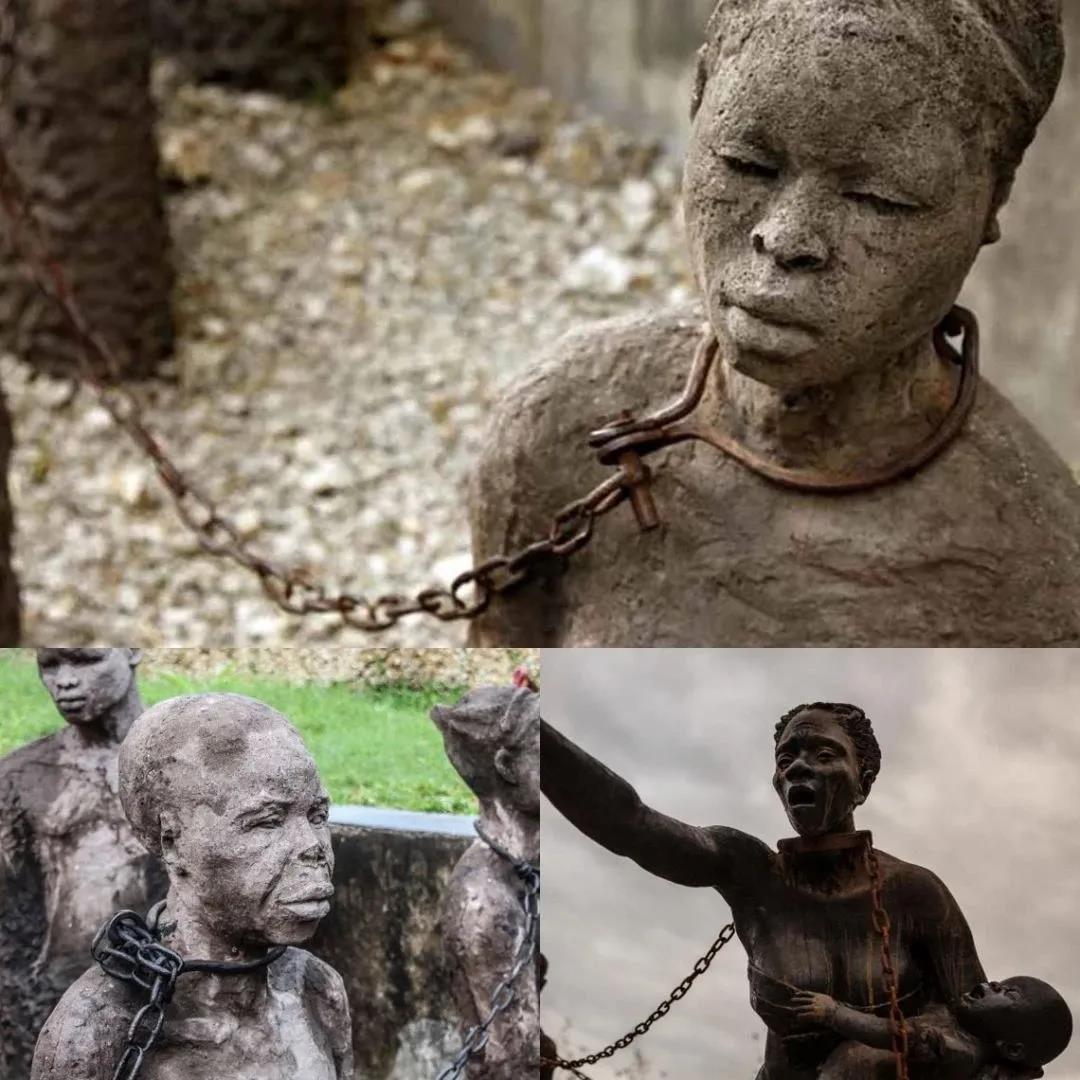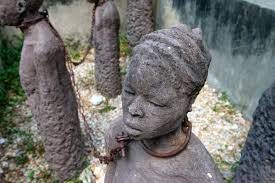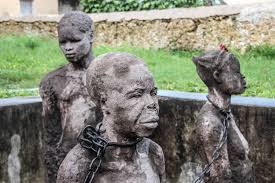Unearthed Horror: The Ancient Kingdom’s Gruesome Female Punishment Revealed

Archaeologists have uncovered chilling evidence of a brutal practice in an ancient kingdom dating back over 100,000 years—women chained and buried alive as a form of punishment. This shocking discovery, unearthed deep beneath layers of earth, reveals skeletal remains bound in iron restraints, suggesting a ritualistic or judicial execution that speaks to a dark chapter in human history. The implications of these findings resonate far beyond the archaeological site, prompting a profound examination of the ancient societies that once thrived.

As researchers meticulously analyze the remains, they unveil not just the physical evidence of punishment, but also a complex interplay of power, fear, and superstition that governed daily life in this ancient kingdom. The use of iron restraints indicates a deliberate choice, perhaps intended to signify control and dominance over the condemned. This gruesome practice raises critical questions: Was this a sacred offering to appease deities, a tool of social control to maintain order, or a horrific act of vengeance against those seen as transgressors?
The discovery has sparked intense debate among historians and anthropologists, igniting discussions about the societal norms and values of the time. Some scholars argue that such practices were indicative of a deeply ingrained patriarchal system, where women were often viewed as property or vessels for punishment. Others contend that this ritual may have served a more complex purpose, potentially linked to beliefs about life, death, and the afterlife.

While modern society grapples with its own chaos—political unrest, insecurity, and cultural confusion—this glimpse into the past serves as a haunting reminder that humanity’s struggle with morality and power is as old as civilization itself. Each artifact unearthed whispers of forgotten cruelties, forcing us to confront how far—or how little—we’ve truly evolved.
As we reflect on these ancient practices, one must ponder the moral implications and the legacy they leave behind. The unearthing of such horrors challenges us to question our own societal structures and the ways in which power dynamics continue to shape our lives today.

In conclusion, the revelation of this ancient kingdom’s gruesome punishment practices compels us to examine the darker aspects of human history. It urges us to learn from the past, ensuring that we strive for a future where compassion and justice prevail over fear and cruelty. The echoes of these ancient women, trapped in chains and silence, remind us that the lessons of history are not merely relics of the past but vital narratives that continue to resonate in our contemporary world.










